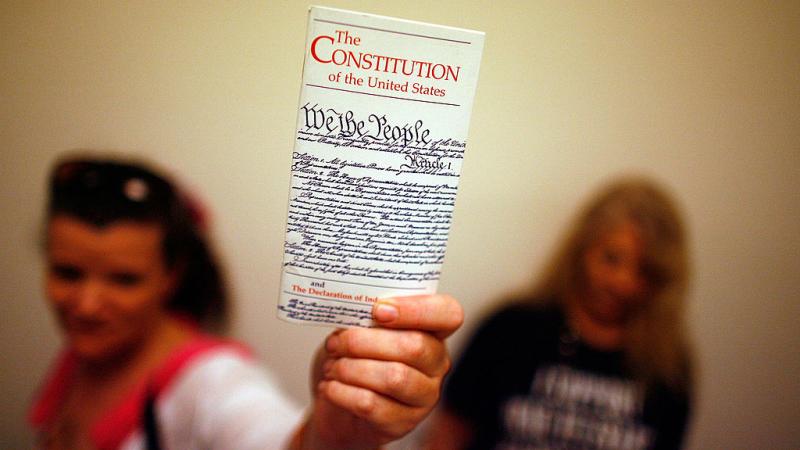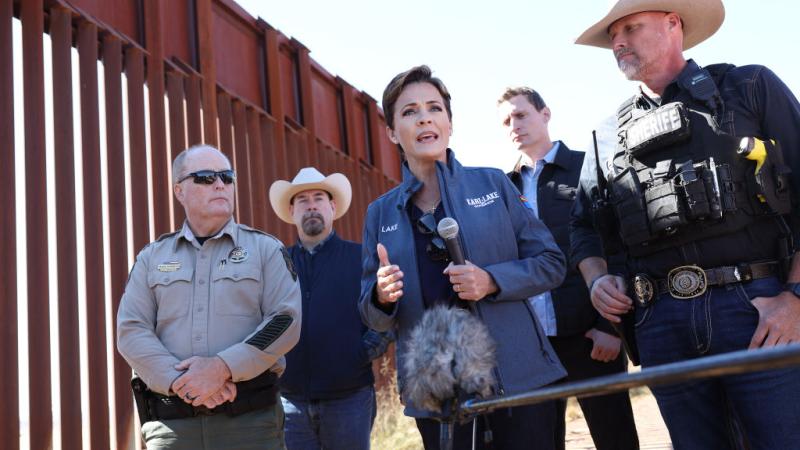Judge issues temporary block on Tennessee's 'abortion trafficking' law
The law is now temporarily paused while the case goes through the court system. If it does not get repealed, those convicted of the misdemeanor can face a minimum sentence of nearly one year in prison.
A federal judge in Tennessee on Friday temporarily blocked a state law that prohibits adults from helping minors get an abortion in another state without parental consent.
The law was passed in May and went into effect in July, and was intended to protect parental rights by making it a crime to circumvent them by helping the minors cross state lines. It also made “intentionally recruit[ing], harbor[ing], or transport[ing]” a pregnant minor for an abortion without permission a class-A misdemeanor.
The law did have exemptions for common transportation vehicles like planes, buses, and trains.
U.S. District Judge Aleta Trauger determined in a 49-page ruling that the state law cannot forbid adults and minors from discussing abortions, and sided with the plaintiffs who accused the current law of being “unconstitutionally vague."
“The Tennessee General Assembly apparently determined that, when the topic at hand is ‘abortion trafficking,’ the best interests of the pregnant child are not merely a secondary consideration, but unworthy of particularized consideration at all,” Trauger wrote. “The freedom of speech guaranteed by the First Amendment is not simply a special protection that the Constitution grants to a few, high-profile speakers so that those speakers can hear themselves talk; it is a protection available to everyone."
Tennessee state Democratic Rep. Aftyn Behn, who filed a lawsuit that challenged the abortion law with Nashville attorney Rachel Welty, praised the ruling as a "monumental victory" for abortion rights.
“This ruling doesn’t just protect Tennesseans — it safeguards the freedom to discuss abortion care across state lines, ensuring that we can continue to offer support, share accurate information, and stand up for the rights of those seeking essential health care everywhere,” Behn told the Associated Press.
The law is now temporarily paused while the case goes through the court system. If it does not get repealed, those convicted of the misdemeanor can face a minimum sentence of nearly one year in prison.
Misty Severi is an evening news reporter for Just The News. You can follow her on X for more coverage.














